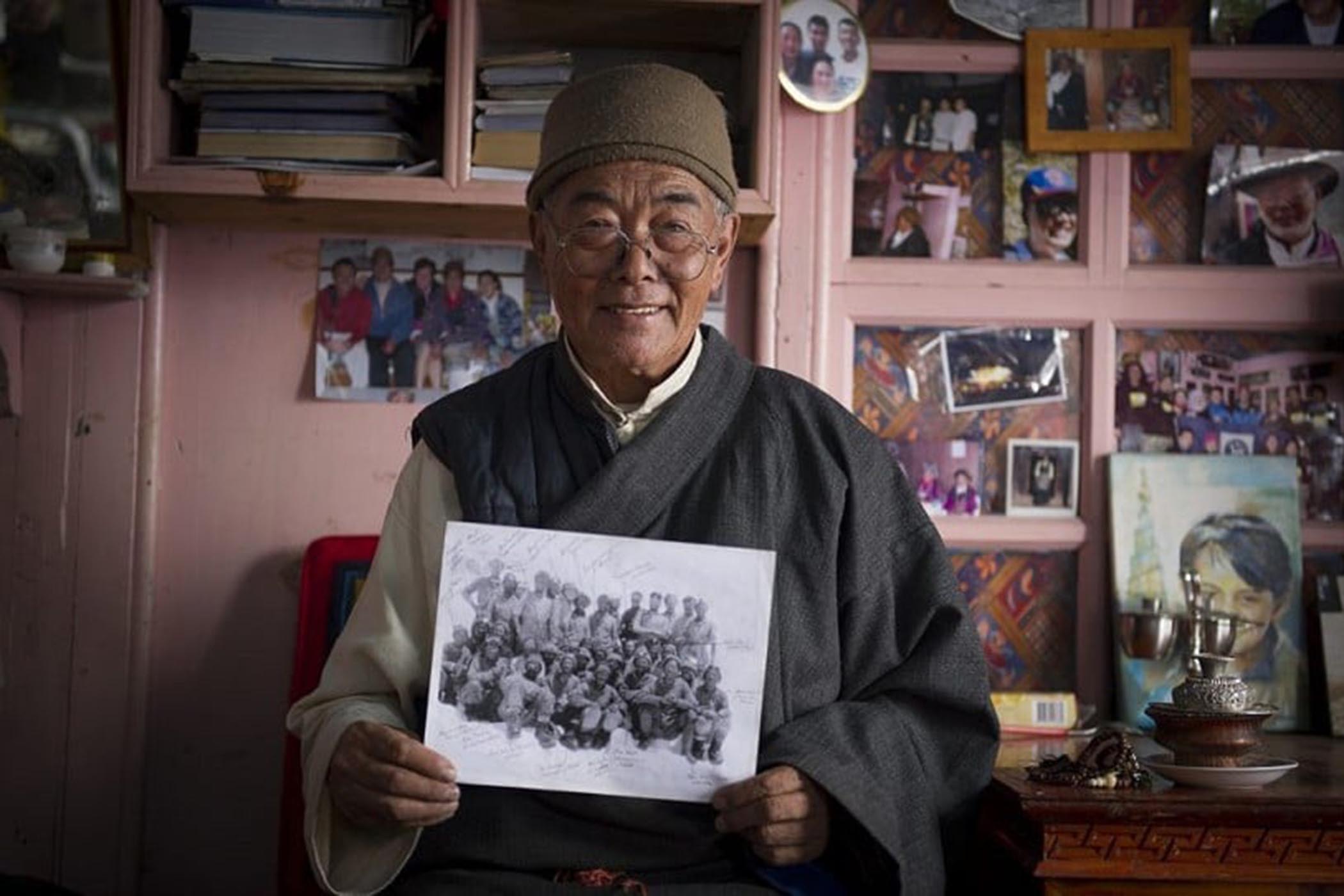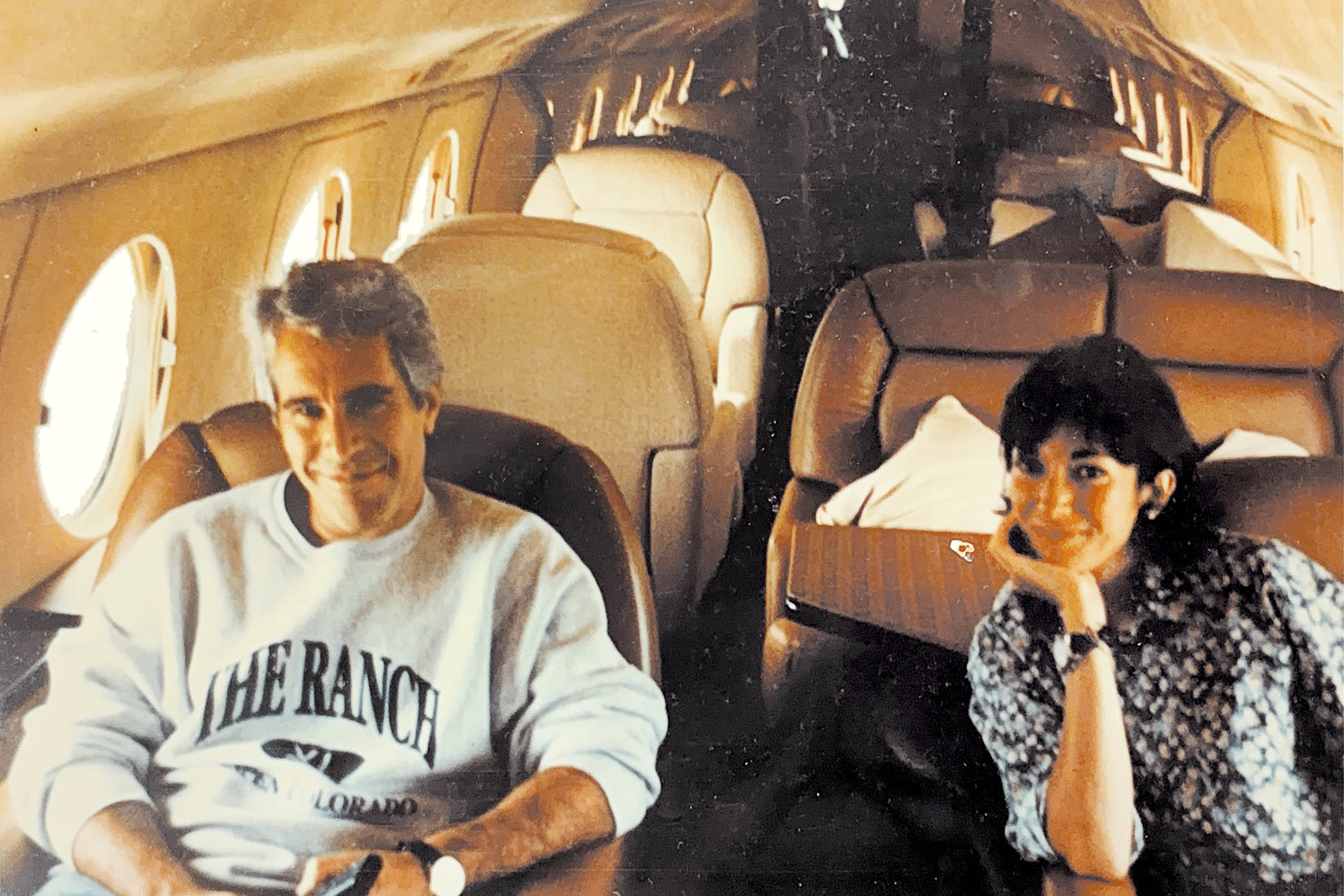On 21 May 1953, what was left of Col John Hunt’s Everest expedition sat huddled in tents on the Lhotse face and considered whether the mountain had won. Many of the 13 remaining Sherpas, who were employed in carrying oxygen and provisions, were exhausted and afraid to go on to the South Col, even with the promise of a 300-rupee bonus. Without them, the game was up.
Tenzing Norgay, their leader – and regarded as part of the climbing team rather than a porter after his six previous attempts, would not let them quit. Kanchha Sherpa, who was born in 1933 and one of the youngest in the team, would recall how Tenzing had made them tea, given out snacks, even rubbed their frozen feet, and urged them to continue. “He was a very strong man but also a very kind man for his workers,” Kanchha said.
The next day, Kanchha was one of those who agreed not to give in and made the “big carry” up to Camp VIII, the jumping-off point for the summit. Though he turned back just before the Col, his efforts were crucial in enabling Tenzing and Edmund Hillary to, in the New Zealander’s memorable words, “knock the bastard off”.
Kanchha, who died last week, was the last of that group of 35 men who conquered Everest, allowing Hillary and Tenzing to reach the summit 8,849 metres (29,032ft) above sea level, give or take an inch. Their feat depended on the Sherpas going ahead up the mountain to explore paths, fix ropes and, most importantly, carry the 25kg (55lbs) packs of supplies.
“For Hunt, they were absolutely crucial,” said Mick Conefrey, author of Everest 1953. “Success would depend on whether they could carry bottled oxygen high enough up the mountain for the climbers, while not using it themselves.” Kanchha said their main stimulant was tsampa, a Tibetan buckwheat porridge, and singing. Conefrey said he “seems to have been a well-liked team player”.
Kanchha was born in the Nepal village of Namche Bazaar, 3,440m up in the mountains. He earned a meagre living by selling potatoes and transporting salt from Tibet to India – a 12-day journey on foot – and trading it for sugar. One day in 1952, while grazing a herd of yaks, he met some Sherpas in western dress who told him that they worked for Tenzing, then living in Darjeeling, who that year had reached a record 8,595m on Everest with a Swiss expedition.
Kanchha and two friends walked the four days to Darjeeling and offered themselves for work. He was the only one taken on, helped by Tenzing knowing his father. After a few months of general chores, he was asked to join the Hunt expedition for eight rupees a day. “Tenzing was like a king,” Kanchha said, while he was astonished by the round eyes, blond hair and build of the westerners. “Hillary was so, so tall,” he recalled.
They left in early March, accompanied by 200 porters, and spent three weeks at Thyangboche, 3,840m up, testing their apparatus and training before advancing to establish base camp at 5,456m. The next day, Kanchha encountered moving ice for the first time. The Sherpas had to fell 20 trees to make logs to cross the dangerous Khumbu Icefall before establishing the next camp. It would be another six weeks before Hillary and Tenzing could take the final steps.
Kanchha was back at Camp II when news of their achievement came. “Everyone was hugging and cheering,” he said. They returned as heroes and well rewarded – with tips, he earned 1,200 Nepalese rupees, almost a year’s income – but Kanchha’s mother would not allow him to go to Kathmandu for celebrations, not wishing him to become spoiled.
He married Ang Lhakpa in 1956. Three years later he was arrested by Chinese forces and imprisoned for a week after taking part in protests for the Dalai Lama. He was arrested again in the 1970s for selling Swiss watches bought in India to Chinese soldiers in Tibet.
Newsletters
Choose the newsletters you want to receive
View more
For information about how The Observer protects your data, read our Privacy Policy
He joined six further expeditions to Everest but never reached the summit and in 1973, after 11 Sherpas died in an avalanche, including his brother, his wife put an end to his climbing. He also banned their six children from being mountaineers. He later joined a trekking company, established a lodge for climbers in Namche Bazaar and an educational foundation.
Kanchha’s daily prayers included ones for Hillary and Tenzing because of the prosperity they had brought to his community. “Maybe they are heroes for the world [but] for the locals, they are gods,” he said. However, he acknowledged the environmental damage that tourism had brought. “The snow-capped mountains are not as snowy,” he said in 2023, “and I fear their essence and beauty are slowly diminishing.” One of his grandsons, Tenzing Chogyal, is a glaciologist who studies ice loss on Everest.
In later years, his stories were often sought by climbers and gladly retold. “Hillary and Tenzing followed my footsteps and slept in camps that we erected,” he told Pradeep Bashyal, co-author of Sherpa: Stories of Life and Death from the Forgotten Guardians of Everest. But the last bit was all them. “I still wonder how they figured out the rest of the way up to the summit,” he said. “To me, it looked impossible from where I had last stood.”
Kanchha Sherpa, mountain porter and guide, was born in 1933 and died on 16 October 2025, aged 92
Photograph by the Kanchha Sherpa Foundation



